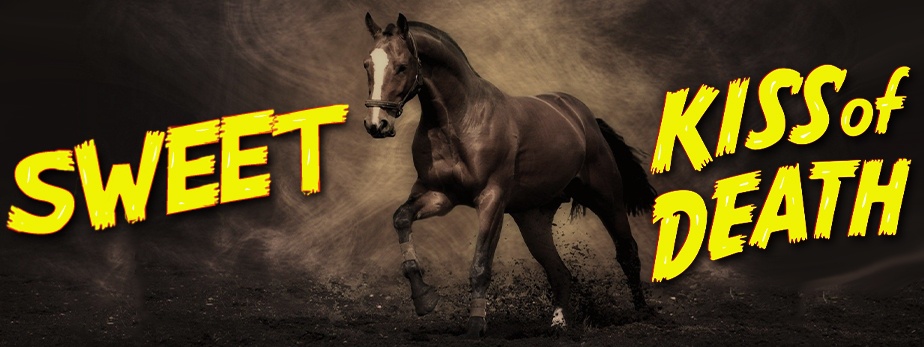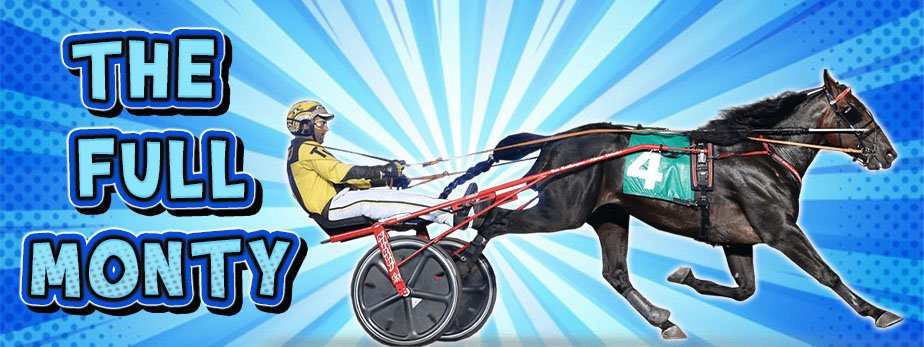5 Highly Unusual And Bizarre Horse Races
Over a history spanning almost 250 years, the sport of horse racing has certainly seen some bizarre events. Many of these, although well-documented, lack any photographic evidence and took place long before the word ‘technology’ was a part of the average racegoers life.
A century ago the results of a race were determined by a judge standing at the finish line, but even since the time that a ‘photo-finish’ camera became a part of horse racing, there has still been some incredibly odd events over the years and it was a difficult task to decide which to choose as our top five.
We have opted for the most sensational stories, or those that have left bookies with a dilemma on their hands and wherever possible have tried to give you an idea of the aftermath.
The Grand National That Never Was (1993)
There were 39 starters for the 1993 Grand National and seven horses that finished the race. The winner appeared to be a horse called Esha Ness, trained by Jenny Pitman, who set off as something of an outside chance at odds of 50/1.
After an initial false start, the horses and jockeys were recalled and lined up again some five minutes later. The race started and this is where the problems began.
The official race starter had determined a second false start and duly signalled his flag man to stop the runners. However, none of the jockeys spotted the second recall and utter confusion ensued.
After the sixteenth fence and shortly before the second circuit of the course commenced, quite a few of the jockeys saw the frantic flag waving of officials and pulled their horses up. However, fourteen were oblivious and continued on, eventually led over the finish line by Esha Ness and his jubilant jockey John White.
It was not until several minutes later that the dreaded announcement came over the tannoy that the race had been declared void and there were no plans for a rerun. A despondent jockey returned to the weighing room, and to add insult to injury, was told he had almost beaten the long-standing course record.
Equally despondent were the bookmakers whose biggest payday of the year was wiped out. They were obliged to return over £30 million of bets to equally disappointed punters.
Quadruple Dead Heat
In the world of horse racing, a dead heat is not commonplace and a Triple placing is very rare, although they have been documented and verified with a photo finish camera in the US.
Those facts make a Quadruple dead heat almost impossible, but two were documented in the 1850s, the most famous being the one that occurred at Newmarket Racecourse on 26 October 1855. This was a flat race with just five entries, with the favourite being Overreach at odds of 4/6 with the rest of the field pitched at 5/1.
Reports suggest that all four of the eventual winners set off in a line and ran that way for the entire race, eventually crossing the finishing line together. In the 1850s the result of a race was the sole responsibility of the line judge and on this occasion it took him more than a few minutes to declare it as a quadruple dead heat.
The crowd were jubilant, with many holding winning betting slips for one of the four winners. However, they quickly became rather angry when word got around that only ¼ of their stake applied to the win and that the remainder was forfeit.
The Slowest Steeplechase in Racing History
Here is a story that dates back to 1945 and it concerns a two-mile steeplechase with five runners, one of which was a horse named Never Mind II. It is unclear exactly which racecourse this took place on as many of the racing records for that year were regrettably destroyed during the course of WWII.
According to the private documentation kept by a racegoer on that day, Never Mind II set off in the race with barely a chance of finishing, never mind winning. Much as anticipated, he refused at the third fence and his jockey dismounted and walked him back to the start.
Now comes the unexpected part, one by one the other four runners came to grief or were pulled up and Never Mind’s trainer frantically called his jockey to remount. The horse sailed around the course at little more than a canter and was declared as winner by the judge, with a recorded time of 11 minutes.
It is unlikely that many people would have backed this horse, so we are guessing that with all the other runners down, the bookies had little to pay out on that occasion, which always makes them happy.
Dead Jockey Wins Race
The racecourse was Belmont Park in New York, the date was 4 June 1923 and the weather was fine. Young Frank Hayes was about to get his very first professional race ride, having worked as a groom since leaving school.
The horse in question was an equally unknown quantity, a mare named Sweet Kiss, who was to start the race at odds of 20/1. It was almost a foregone conclusion that the 2/1 favourite Gimmie would ‘walk’ the race, but Frank set out to give it his best shot, with the owner’s parting words at the front of his mind “today’s a good day to make history “.
Sweet Kiss defied all odds and gave Frank a great ride, jumping smooth and clear all of the way around the course. As she jumped the last, she was just ahead of the favourite and passed the post winning by a head. It was only when the jockey failed to pull up that anyone saw anything wrong, when the trainer retrieved the mare, Frank slid to the floor and was declared dead shortly after.
The race was not contested and Frank Hayes was declared the winner. As for Sweet Kiss, she gained the unfortunate nickname of ‘Sweet Kiss of Death’ and never raced again, as her owner could not find a jockey willing to ride her.
The Magnificent 7
On Saturday 28 September 1996 at Ascot, jockey Frankie Dettori made racing history by winning every race on the seven-race card. Almost 25 years later, his record still stands and there has not even been a close contender.
Despite Frankie being a favourite of many housewives who had placed small bets on all of his races, the bookmakers were unconcerned. With the rides he had, there was potential for him achieving three or perhaps four victories, but the likelihood of any more defied the realms of possibility.
However, when Frankie rode to victory in his fifth race for the day, the bookmakers started to become alarmed, rapidly shortening the odds for his mounts in the final two races of the day. Even the BBC’s television coverage of the event was extended to include the final races ‘just in case’.
As the results for the day confirm, Frankie Dettori did indeed pull off seven out of seven wins. He bought the horse that won in the seventh named Fujiyama Crest and retired him. One lucky punter won a cool £550.000 and the bookies went home much poorer than when they arrived.

Tracy started writing for us in early 2017 and is a crucial player within our team. She’s the editor of our Blog and regularly writes other articles. Tracy’s online gambling insights are born out of years of real-world experience as a Croupier overseeing table games.

 Blog Home
Blog Home
 Privacy Policy
Privacy Policy
 About Us
About Us








